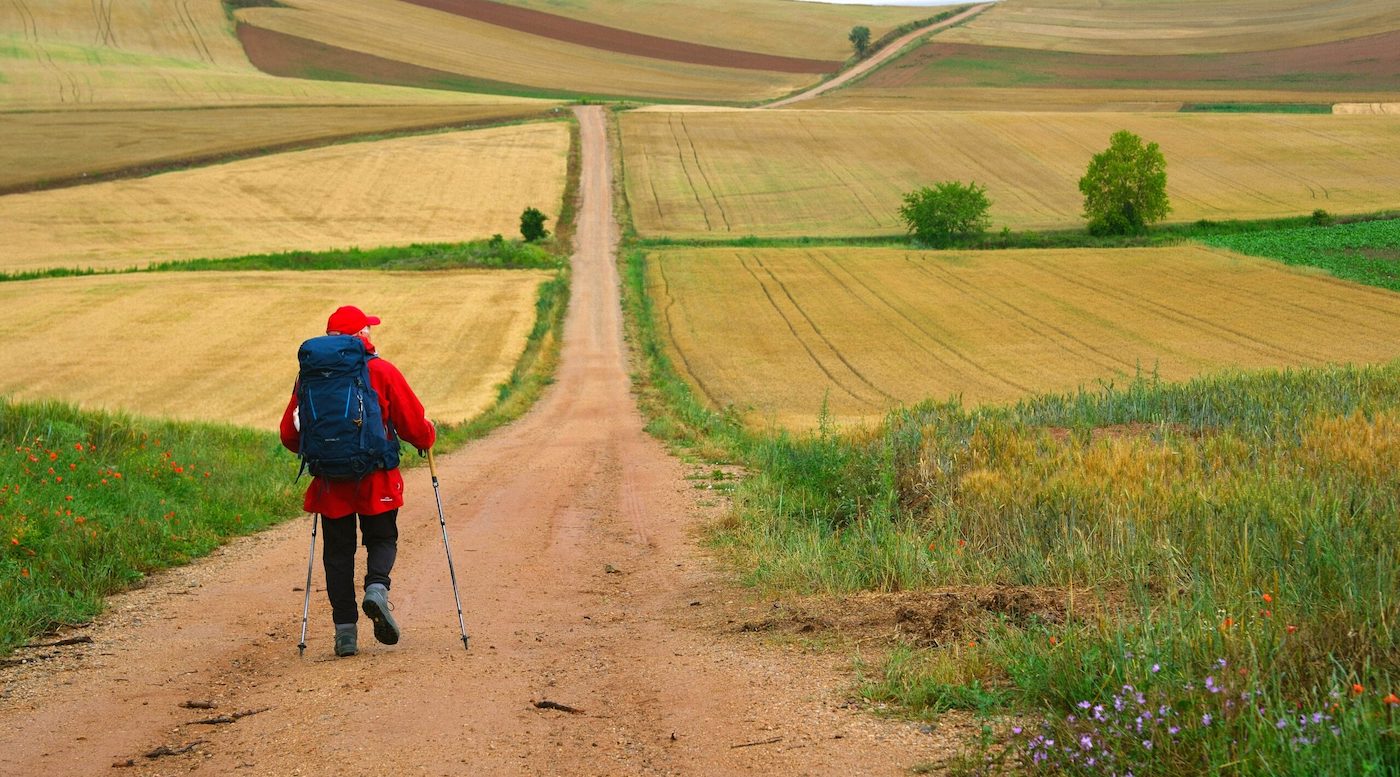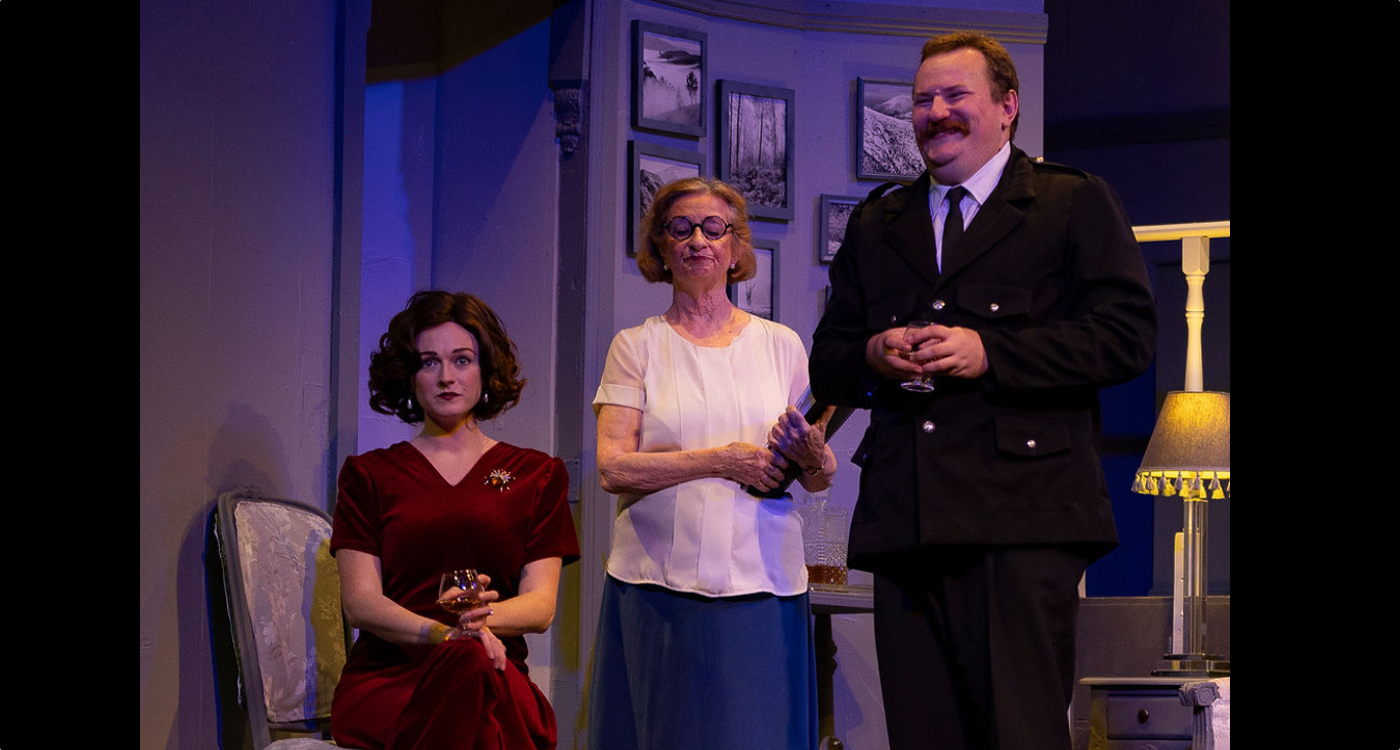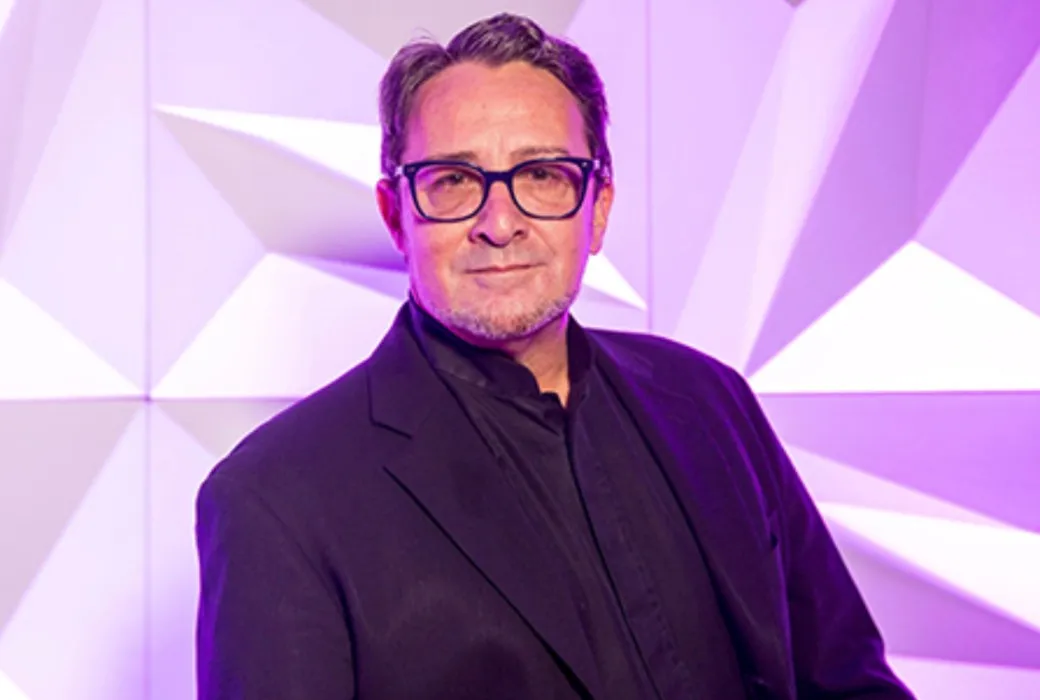
A favourite uncle
Jack Charles is many things: a Koori icon, an elder, a beloved uncle to the down-and-out. He is also a former junkie and cat-burglar, a man who has spent many of his 67 years on the wrong side of the law.
But before he was any of those things, he was undoubtedly a showman.
“Ten foot tall,” Charles says, when asked how he feels performing. His latest work, one-man show Jack Charles v. The Crown, takes him back to the stage after a lengthy absence.
“The performance is more genuine,” he says. “Remember that I haven’t trod the boards for over a decade and a bit. When I did the Melbourne Festival, it was a hesitant performance but I whizzed through it and I was so proud to have done it.”
Proud, in part, because although Charles’ life was well documented in the gritty 2008 documentary Bastardy, Jack Charles v. The Crown is his first effort to tell his story himself. It has been, by his own admission, an extraordinary life – though at times a harsh one.
At 10 months old, Jack Charles was taken from his mother, a Yorta Yorta woman, to be raised at the Salvation Army’s Box Hill Boys’ Home in Melbourne. In the grainy black-and-white photographs taken at Box Hill, his is the lone Indigenous face amongst rows of white – the little boys he calls his brothers.
It was his first taste of institutional life. There would be more of that to come: Charles is a man who, as he puts it, spent 20 years in the nick, and 40 with the needle.
Heroin was a balm, he says, for a young man grappling with his own sexuality, with years of mistreatment at the hands of the authorities and with the casual racism he encountered throughout his early life.
“I do rue the day I started,” he says now. He got clean seven years ago.
But he has never quit that other balm, theatre. He was a co-founder, in 1971, of Australia’s first Indigenous theatre group, Nindethana (‘place for a corroboree’), then seven Aboriginal actors living in Melbourne hostels.
“We want to put on plays where Aborigines have a chance to act. They don’t have to be about racism,” Jack told the press at the group’s launch. “We want to do plays where the Aboriginal actors will play ordinary people – a milkman, a postman – because Aborigines do these jobs.”
A year later, Charles auditioned to play an Indigenous character in a television series. The job went to an actor of Sri Lankan descent.
If the thought of Indigenous Australians representing themselves was novel in the early 1970s, it is still something of a rarity.
“I mean very few people get that opportunity. Very few blackfellas get that opportunity,” Charles says. “It’s given me the power, as my memories come on with a clarity that I never thought I could ever get. The eagles must be flying over me, protecting me. And I suppose that’s the reason why I’m still here at 67.”
INTERVIEW BY KOMI SELLATHURAI
STORY BY SOPHIE TARR











